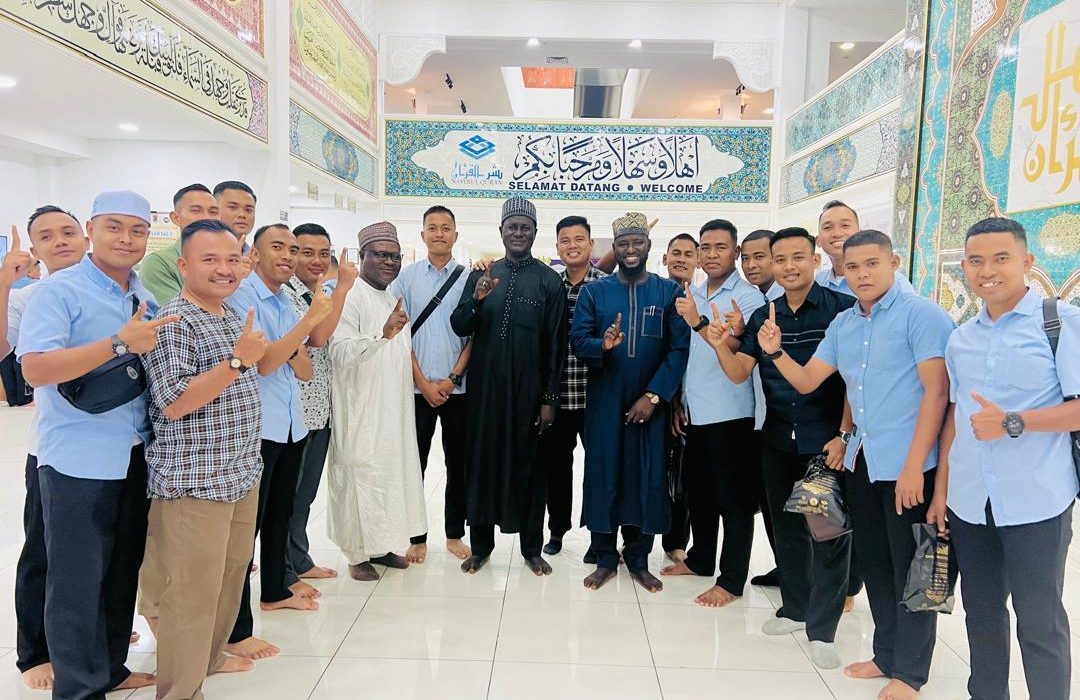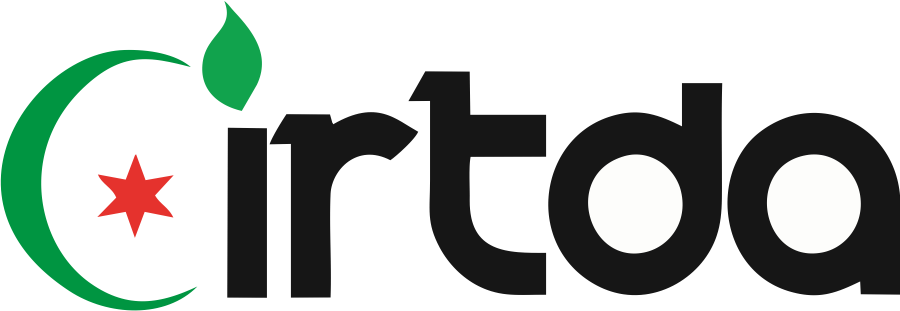Upcoming Events

INTERNATIONAL CONFERENCE/ TRAINING: LEGAL AND REGULATORY FRAMEWORK OF ISLAMIC BANKING AND FINANCE: ZAKKA AND WAQAF IN THE ISLAMIC SOCIAL SYSTEM
DATE: 5TH – 11TH OCTOBER 2024
VENUE: Almadina International University, Kuala Lumpur, Malaysia.
COURSE DESCRIPTION:
Join leading scholars, practitioners, and experts for an intensive week-long conference and training program exploring the intersection of Islamic banking, finance, and social welfare systems. This comprehensive event focuses on two fundamental pillars of Islamic economics: Zakat (obligatory charity) and Waqf (endowment).
Key Focus Areas:
– Regulatory frameworks governing Islamic financial institutions
– Integration of Zakat in modern financial systems
– Contemporary applications of Waqf in social development
– Legal considerations in Islamic banking operations
– Digital transformation in Islamic finance
– Cross-border Islamic financial transactions
Program Highlights:
– Expert-led workshops on Shariah compliance
– Case studies from successful Islamic financial institutions
– Networking sessions with industry leaders
– Practical training on Zakat calculation and distribution
– Innovation in Waqf management and development
This conference provides an invaluable opportunity for financial professionals, regulators, academics, and practitioners to deepen their understanding of Islamic banking and finance while exploring innovative approaches to implementing Zakat and Waqf in contemporary settings.
Join us in Kuala Lumpur, a global hub for Islamic finance, for this transformative learning and networking experience.

TRAINING WORKSHOP ON THE CONTEMPORARY ISSUES RELATED TO ISLAMIC FAMILY LAW
DATE: 19th to 25th August, 2023
VENUE: Four Seasons Hotel Kuala Lumpur, Malaysia.
COURSE DESCRIPTION:
The course aims to set the formation and development of Islamic Law in an historical context and gives students an understanding of the core sources of Islamic law. The course will illustrate the plurality of thought, custom and application of law within Muslim communities and introduce the Participants to the critical discourse on this subject. The course will examine the institution of marriage in Islam to give participants a clear grasp of the requirements for a valid marriage contract in Islamic law and will encourage judges to look at the law of marriage from a comparative perspective, look at the influence of customary practice and examine the issues such as polygamy, consent, forced marriage and child marriage.
The course will present an in depth analysis of dissolution of marriage from Islamic perspective by providing participants with a sound understanding of the Islamic law on dissolution of marriage and encourage them to engage with wider cultural, sociological and political issues surrounding the dissolution of marriage for Muslims today and introduce them to ideas about how such Qur’anic verses might be codified in modern legal systems. Following on from the discussion regarding marriage and modes of dissolution, the course will take you into an area of Islamic law that regulates the relationship between parents and children, the rights of children to an identity, support and maintenance and the right to inherit from parents.
Drawing upon the concepts and normative framework of the earlier part of the course, the course will analyze the extent to which these principles of Islamic family law find a place in the legislation of contemporary Muslim jurisdictions. It uses examples of law reform from West-African Muslim, South-Asian Muslim jurisdictions and Gulf Countries.

THE PRINCIPLE OF ISLAMIC LEGAL RULES AND ITS APPLICATION IN SHARIA COURTS
DATE: 19th to 25th September, 2023
VENUE: Al Ebaa Hotel, Saudi Arabia
COURSE DESCRIPTION:
The study and memorization of Islamic Legal Maxims will provide various benefits to a jurist, a mujtahid, a judge, an imam and a mufti. Some of these benefits are as follows:
1-These maxims have great legal importance for the foundation of Islamic legislation because they bring together various branches (furu’) of fiqh, that sometimes seem to be in conflict with each other, into one single principle known as fiqh principle/maxim, for easy reference in the case of necessity.
2-The study of these maxims facilitates the Ulama’ (Muslim scholars) who are not expert in fiqh to observe various issues in fiqh, understand various fiqh rulings and comprehend various rights and obligations in fiqh.
3-The study of legal maxims provides the researcher with a strong legal ability (malakah fiqhiyyah), which becomes a light for him to study various wide fields of fiqh, that enable him to understand Islamic rulings, as well, to be able to come out with solutions of various new and repeated problems encountered in our time.
4-The study of the legal maxims also helps a jurist to relate various topics of fiqh by putting all of them into one single principle, which will facilitate him to remember the legal rulings.
5-Study and comprehension of legal maxims help the judges, muftis and rulers to know the
solutions of various issues easily.
6-As the majority of legal maxims are the subject of agreement among Muslim jurists, except a few of them, their study will provide a researcher with the ability to compare between the views of various schools of Islamic law (madhahib), and clarify the reasons of differences among them.

APPLICATION OF ICT IN JUDICIAL ADMINISTRATION (COMPUTER ESSENTIALS)
VENUE: Movenpick Ambassador Hotel, Accra, Ghana.
DATE: 19th to 25th October, 2023
COURSE DESCRIPTION:
Internet and computer programs possess a great potential for assisting in problem solving, not only within our courts but also in the creation of information network or connectivity between the courts “Increased awareness and knowledge at all levels of the judiciary on the importance of ICT, is Paramount; most especially from year 2020 till date”
CIRTDA has engaged in the continuous training of judges and their support staff, to increase their capacity on the use of technology for effective justice delivery, we have no doubt that the advantage of using ICT, is less time consuming and will speed up administration of Justice in Nigeria. The emergence of ICT has introduced some radical changes in the legal profession just as the judiciary has designed a pragmatic policy on ICT which is now being implemented, in various jurisdiction within the country.
As court system move towards automation, the process would lead to full scale E-filing of court processes, electronic recording of proceedings, E-judgements, E-rulings and execution of judgements on rulings.
This training program aim to rekit and retool Judges with the computer essentials to boost their capacity and service delivery

CHILD CUSTODY AND WELFARE – CLASSICAL ISLAMIC LAW AND CONTEMPORARY MUSLIM WORLD
5th December to 10th December, 2023
VENUE:Dar El Kebira, Rabat, Morocco.
COURSE DESCRIPTION:
Exploring the Most Challenging Areas of Islamic Family Law, especially Child Welfare in a Globalized World including an analysis of the application of Islamic family law to the Western legal systems and how Sharia Councils can be accommodated in secular democratic countries.
